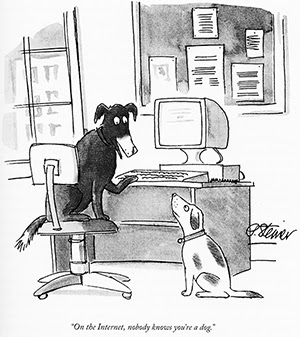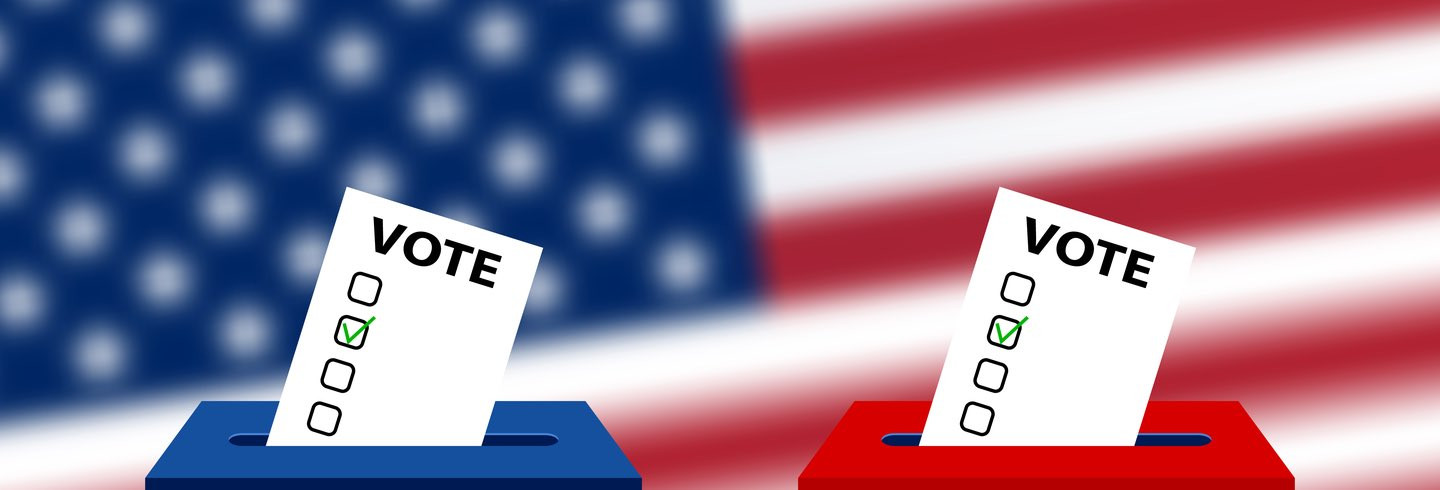We Can Protect Democracy and Election Security in One Easy Step
2016 was a watershed year for election security where all aspects of our democracy were under attack from all sides. It was a wake-up call. Now that we are awake, we’ve been thinking about election security in a much more holistic way. We tend to think of election security through the lens of the voting machines. And yes, voting machines and vote integrity in general are super important, but we have to think of the larger election system. This includes the state run systems and people responsible for delivering fair elections with speed and integrity. This also includes disinformation campaigns designed to sew distrust in our electoral system.
How Will We Vote?
2020 has added a new wrinkle that may force us to conduct elections in ways we haven’t seen before: more mail-in voting and, dare I say, casting ballots using the technologies we carry around with us everyday, and devices that know us, probably better than we know ourselves. Elections could be carried out in ways we either hadn’t thought of, or were previously apprehensive about due to our security concerns.
Now, I’m not going to wade into the debate about whether “online” or “mobile” voting should or should not be a thing, but we manage to use this technology to purchase billions of dollars worth of goods and services with a very low fraud component when compared to legacy means of payment (paper, credit card, etc.). This is a debate for another day.
Today, we need to focus on the three legs of the voting system as things we need to pay attention to:
Voting Machines. Sure, they’re still important. Paper ballots or paper receipts (paper trail) for votes. There. Done.
Voter System Security. I did a deep dive into this HERE. All still applies. Protect the people and assets that use, process or access voter information and election data. PERIOD. Voter system security is enterprise security. All of the lessons we’ve learned in securing our data and access in the enterprise can and should be applied here.
Disinformation. This is a tough one. We are still a generation away from having a way to determine what is fake and what is real on the internet and techniques like deep fakes aren’t going to make this any easier. The only advice is to follow trusted sources (still a relative thing) and corroborate information.

Even though, on the internet no one knows you’re a dog, there are some basic capabilities that won’t break the bank to help with user access identification and authentication to help secure elections. If you use passwords, protect them. If you are looking for ways to get rid of passwords for good. Now is a good time to start looking into that.
We’ve seen what happens when we take our foot off the security gas pedal or worse yet, put our foot ON the capability gas pedal but forget to build the security in. Election security, and our democracy are too important to drive into a ditch.
Try Duo For Free
With our free 30-day trial you can see for yourself how easy it is to get started with Duo and secure your government agency, from anywhere and on any device.


